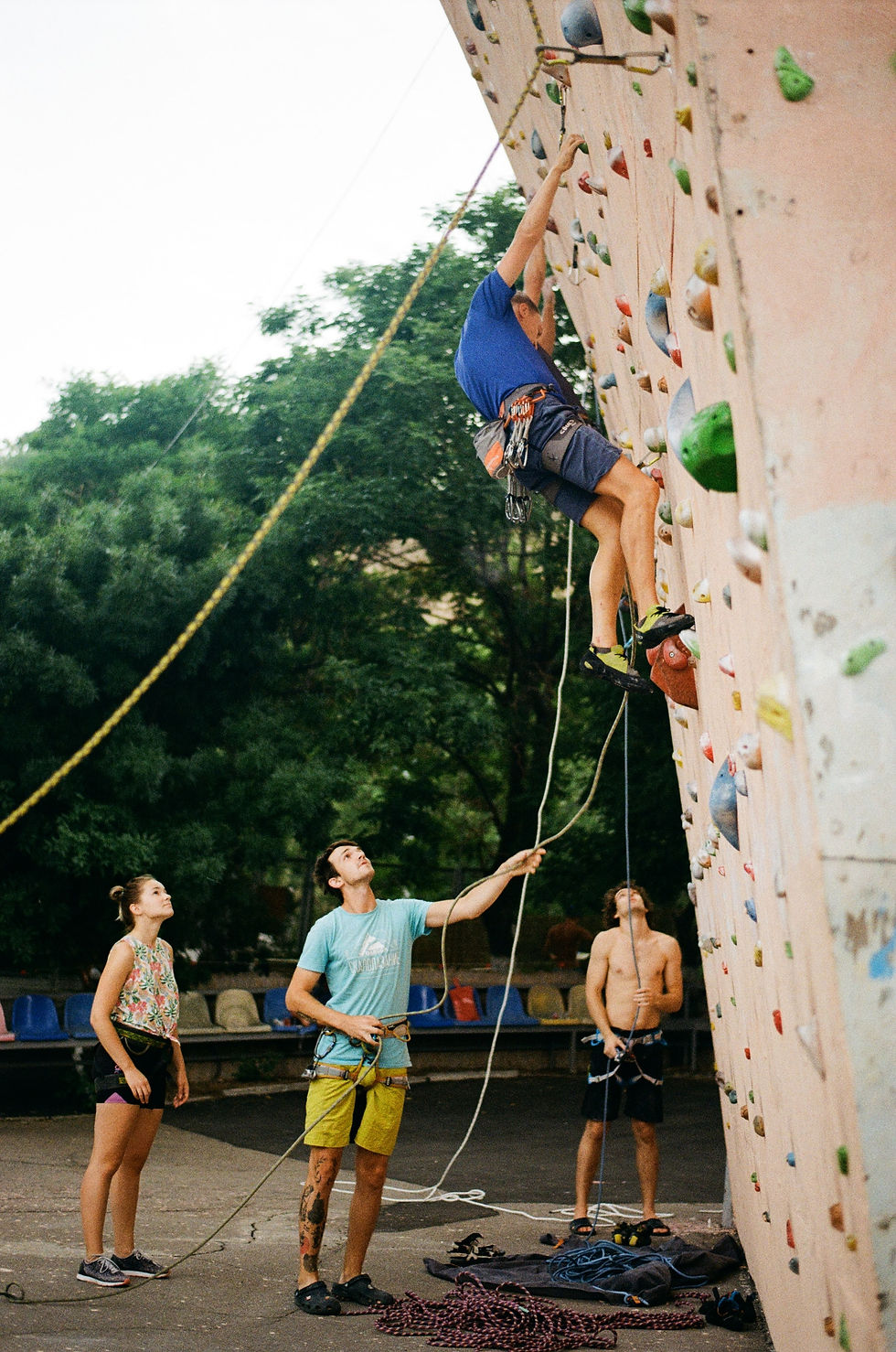(Re)defining Recovery
- Maya Kuzalti

- Sep 14, 2025
- 3 min read
Recovering from a stroke is a journey that's physical, cognitive, mental and more...
Three years ago, I told a neurologist that I woke up every day exhausted, dreading the effort it took just to function. I was still going to work, eating, sleeping. So, on paper, I was “fine.” But I didn’t feel fine. I felt like I was living someone else’s life, dissociating through meetings, social gatherings, even family dinners. But my diagnosis didn’t seem to capture any of that. I was ticking all the right boxes on a clinical pathway, but I felt like my recovery was taking a very different trajectory.

The Problem with "Clinical Recovery"
In the NHS, as in most traditional medical settings, the focus is on clinical recovery. That means reducing symptoms, restoring function, and getting people back to their “premorbid baseline” or more commonly known as the state they were in before they got sick. It’s objective. It’s utterly measurable. And in many ways, it makes sense. Medicine loves data. Doctors need to know if a treatment is “working.”
But that model has limits. It asks:
Can you go back to work?
Can you perform daily tasks?
Are you the way you were the moment before the stroke?
What the clinical model doesn’t ask is whether any of that is what really matters.
Recovery Isn’t Just Medical
No one in that clinical world ever sat me down and said, “Hey, you know what? There’s another kind of recovery. One where you work out what ‘better’ means.”
That’s what personal recovery is. It’s not concerned the mechanics of the body, because that can be measured and ticked off. Personal recovery is concerned with your ability to reconnect with life on your own, new terms. I promise you didn’t come up with this! It really is a real thing – it’s just not a thing that the medical profession talks about.
The World Health Organisation does though and defines it as “a deeply personal, unique process of changing one’s attitudes, values, feelings, goals, skills and roles... a way of living a satisfying, hopeful and contributing life even with the limitations caused by illness.” So, an approach that considers limitations and learns to live with them. Rather than seeking to fix something that can’t be fixed and, when finding no solution, shrugs and turns away.
Clinical Recovery Is About the Body. Personal Recovery Is About the Person.
Here’s how I break it down:

The clinical model says: You’re better if you can work a 9-to-5, feed yourself, and sleep through the night.
The personal model asks: Do you want that life back? Do you have a reason to wake up in the morning? Do you feel like you’re in control?
Neuroscience Meets Lived Experience
In my own journey to personal recovery I have started to a neuroscience course. It has made this distinction crystal clear. Clinical recovery is consistent between individuals. It fits neatly into a diagnostic manual.
But personal recovery is your own. No two people can or should recover the same way. Some find it in art. Some in activism. Some in motherhood, friendship, faith, music. However you get there, I promise it will probably be messy, sometimes painful, occasionally joyful and you can decide to consider yourself ‘recovered’ even when the physical symptoms haven’t fully gone.
What I Wish the Doctors Had Told Me
I wish someone had told me that being able to go back to work wasn’t the same as feeling whole. That you can be “fine” on paper and still feel hollow and frightened. That healing might not look like symptom remission and in fact mundane everyday life, and your connection to that. I wish someone had said,
“Recovery is something you get to define.”
I’m still working on this. I still have bad days. I get caught off guard by exhaustion, derailed by grief, overwhelmed by life. But I’ve stopped waiting for a doctor to declare me “well”. Instead I’ve started listening to myself, asking different questions, finding my own way through and trying to rewrite my script.
I’m not looking for a return to who I was. I’m discovering a version of myself that’s more honest and new. And that – that- is recovery.



These insights ring so true for me as a fellow stroke survivor. I am one of the following group...... Personal recovery is your own. No two people can or should recover the same way. Some in activism - https://brainfartblogcouk.wordpress.com/2025/05/28/7-my-career-in-politics-begins-and-a-call-to-action-plus-a-bonus-fake-celebrity-encounter/